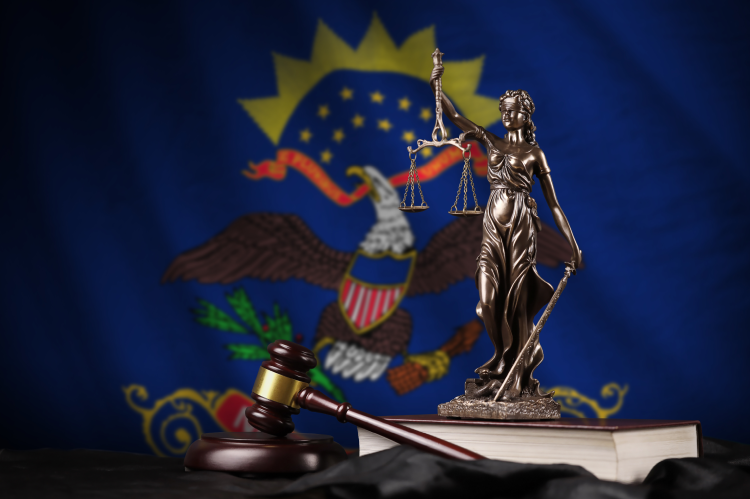North Dakota Seeks $38 Million in Federal Court Over Dakota Access Pipeline Protests

A federal trial began last Thursday, examining North Dakota's claim that the U.S. Army Corps of Engineers mismanaged the Dakota Access Pipeline protests, leading to $38 million in state expenses.
North Dakota seeks to recoup the funds it spent on law enforcement and cleanup during the 233-day protests against the pipeline in 2016 and 2017.
The state argues the Corps's actions, including issuing a false permit and encouraging protesters, prolonged the demonstrations and burdened local resources.
The state's first witness, Cody Schulz, described the significant impact on Morton County, including property damage, school closures, and traffic disruptions.
He estimated 80% of protesters were peaceful but criticized the Corps's lack of financial assistance and slow cleanup efforts, with the Governor Doug Burgum, former Governor Jack Dalrymple, and other officials also expected to testify.
In defense, the U.S. government argues the Corps acted appropriately considering the "unique and unpredictable" situation.
They point to limitations in their law enforcement capacity and claim their statements did not influence the number of protesters. They also highlight efforts to clean protest camps and emphasize political factors beyond their control.
The bench trial before U.S. District Court Judge Daniel Traynor is expected to continue for two weeks, with witnesses from both sides presenting their arguments.
The outcome could impact future pipeline projects and highlight the role of federal agencies in managing large-scale protests.
Despite the ongoing legal battle, the $3.8 billion Dakota Access Pipeline has been operational since June 2017.
However, its future remains uncertain as legal challenges persist, including a court order requiring additional environmental review.
